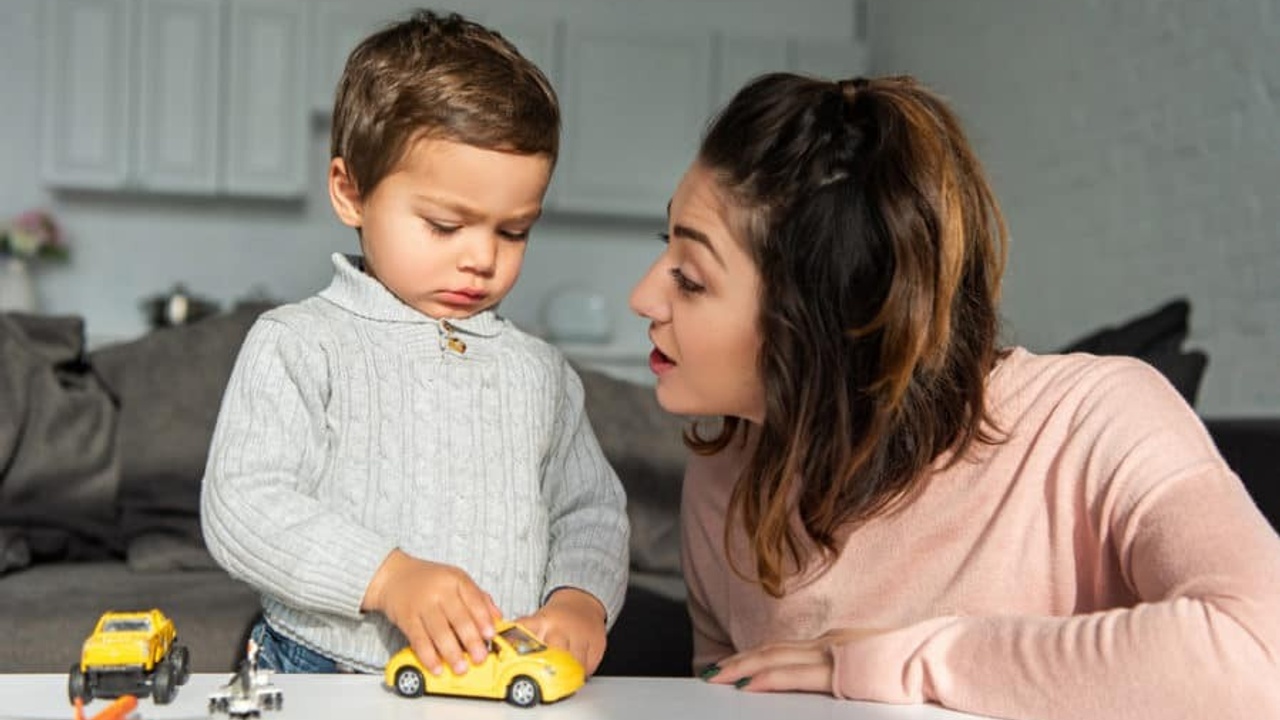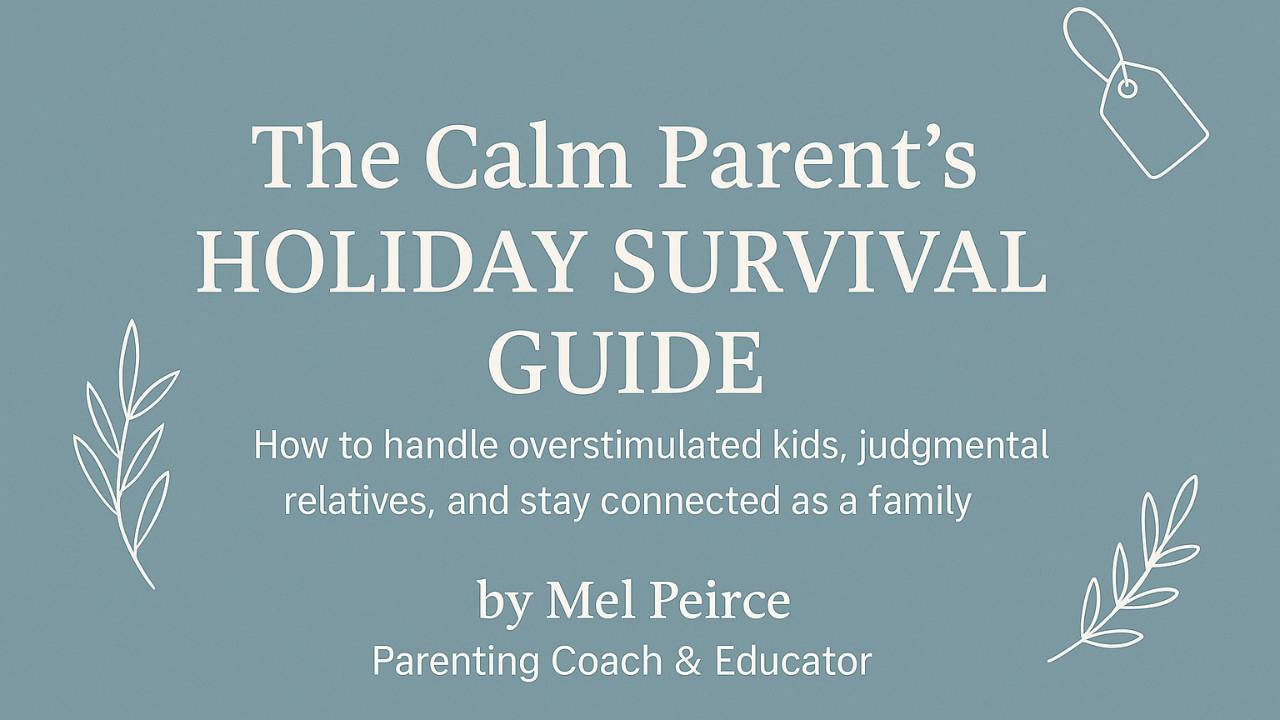Communication Tip for Littles, Helping Your Toddler to Listen
Oct 26, 2021
Have you ever noticed how much you tell your kids NOT to do something? Don’t run in the house, don't sit on the table, don’t spill your drink, stop hitting the dog — the list seems really long some days! If you are like most parents, you’ll find your kids don’t listen the first time and your volume and blood pressure continue to rise as you repeat yourself.
There is actually some brain science behind how to most effectively communicate and get them to do what you want — a few tweaks can make all the difference in the world.
It starts with understanding that your kids still have developing brains and they are still learning how to process language and directions, especially if they are toddlers! So when you say “don’t run in the house”, their brains are likely deciphering that as “run in the house”. Their young, developing brains completely gloss over the “don’t” because their subconscious minds have trouble processing negatives.
This is actually the same for adults. Your subconscious mind does not understand the commands don’t or not. Think about how your brain works; imagine I told you not to think of a pink elephant. I know for me, the first thing I do is imagine a pink elephant! You can’t think about what you don’t want to think about without thinking about it. That’s a tongue twister, but I hope that you get my point.
The unconscious mind is designed to move towards whatever you focus on. So when you continually tell your kids what you want them to stop, they are more likely to continue. So instead of telling your kids what you don’t want, consider telling them what you DO want. For example, “stop hitting the dog” (or your brother!) could become “give him a hug”.
I also recommend saying it in as few words as possible! Again, your littles are still developing the ability to process language. Using fewer words increases the speed and ability of a child’s brain to process commands. So instead of a couple sentences about why it’s important to walk in the house, consider simply saying “Walk please!”.
Full disclosure: know that this won’t work every single time, and there will still be times that you have to repeat yourself. However, making these easy shifts can dramatically improve your effectiveness in communicating with your child and the likelihood that they will cooperate!
Better communication strategies is just one of the tools that I share as part of the Parenting on Purpose Toolbox — and if you are really struggling with getting your kids to listen, I have many more strategies and tools for you to try! Schedule a free discovery call with me here to discuss what your specific issues are and learn how I can help!
Join the Confident Parenting Community.
Receive the latest tips and tools from the Confident Parenting Toolbox to support your kids
(and yourself!) with today's challenges so your whole family can thrive.
We hate SPAM. We will never sell your information, for any reason.


